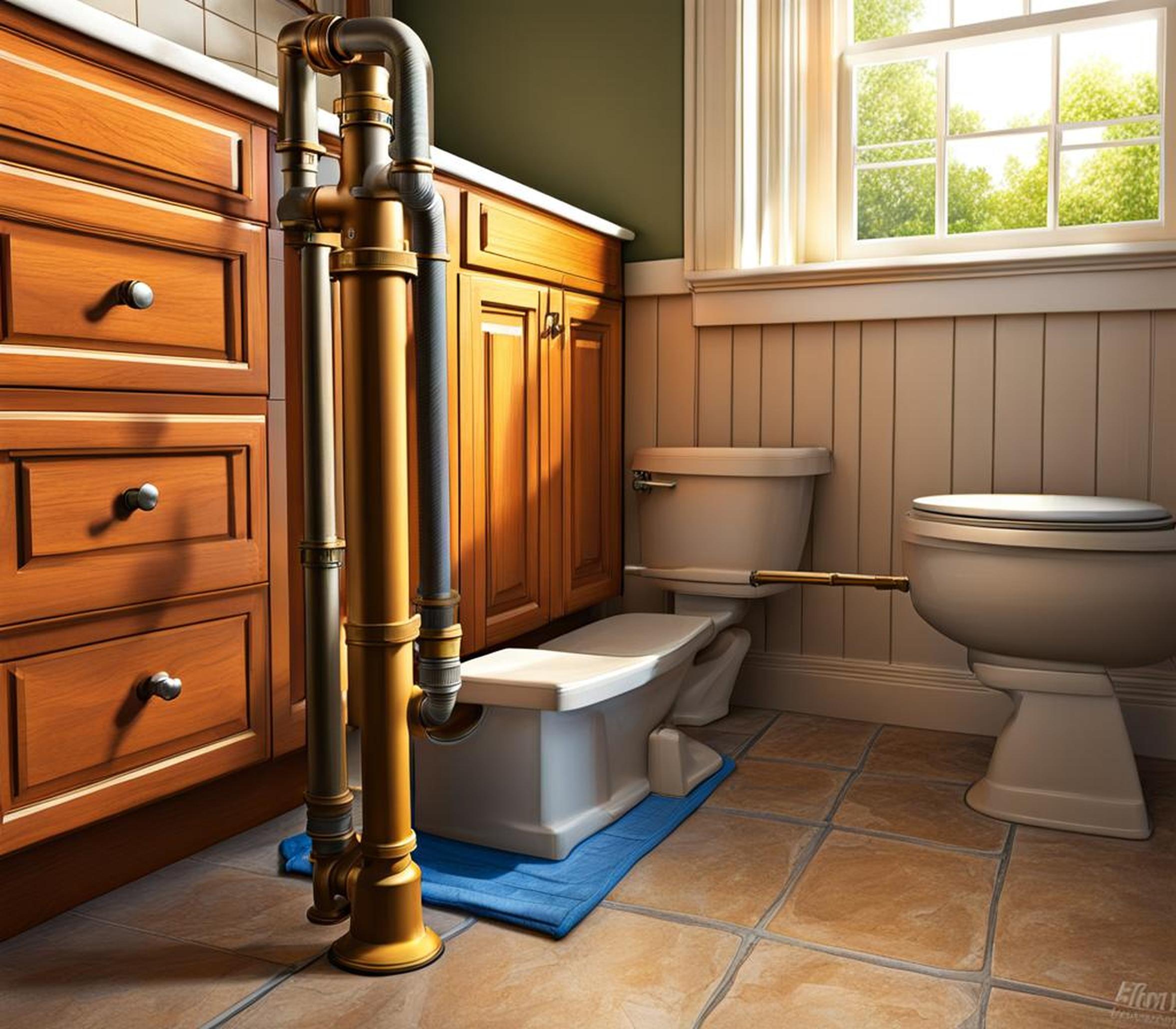We’ve all experienced the sinking feeling when water starts backing up in the shower or a sink full of dirty dishwater won’t drain. A clogged drain can really put a damper on your day!
Luckily, with some simple habits and DIY unclogging tricks, you can prevent sluggish and clogged drains from ever ruining your day again.
Preventing Clogs in the First Place
An ounce of prevention is worth a pound of cure when it comes to keeping drains free-flowing. Here are three easy ways to stop clogs before they start:
Hair Catchers
Hair catchers or drain screens trap hair and debris before it washes down the drain and causes issues. Just rinse the catcher off into the trash periodically to keep pipes clear. You can find them at hardware stores or make your own by shaping a piece of wire mesh into a basket.
Avoid Pouring Grease and Food Down the Drain
It can be tempting to rinse plates of fatty foods straight into the sink, but all that grease, oil, and food debris coats pipes over time. Scrape plates beforehand and collect cooking grease in a jar for disposal later. Put any large food scraps in the trash or, even better, a compost bin!

Use a Ground Fault Interrupter (GFI)
A GFI outlet shuts off electric current when it detects leakage, preventing shorts and fires. Putting GFIs near sinks, tubs, and other wet areas also minimizes corrosion in drainage pipes from small electrical currents.
Unclogging Tricks and Tools
But stuff still somehow gets into drains now and then. When that happens, try one of these homemade solutions before calling a plumber:
Baking Soda and Vinegar
This classic DIY drain remedy loosens gunk with a simple chemical reaction. Pour 1/2 cup baking soda down the clogged drain. Follow with 1 cup white vinegar and cover the drain. Let sit 30 minutes before rinsing with hot water.
Plungers
| Sink Plunger | Use quick, repeated plunges to dislodge sink clogs. |
| Toilet Plunger | Plunge with steady, even pressure to clear toilet clogs. |
NOTE: Make sure to plug overflow holes in sinks with a rag before plunging to seal in air pressure.
Handheld Drain Augers
A flexible 3-foot steel cable on these handy tools can hook onto and pull up clogs. Carefully insert into drain pipes, crank the handle and pull out debris. Wear gloves since dirty water may splash.
Preventing Future Clogs
Take these steps monthly to keep drains clear and prevent backups down the road:
- Pour 1 cup baking soda and 1 cup vinegar down each drain.
- Boil 4 cups of water and pour down especially slow drains.
- Unscrew drain covers and use sink auger to pull out lingering gunk.
It also helps to know when NOT to DIY. If you have standing water in sinks/tubs not draining; smells coming from drains; or outdoor sewage backups, call a professional plumber immediately.
Clogged drains don’t stand a chance thanks to these habits and homemade remedies! No more letting slow-flowing water, foul odors, or outright clogs ruin your day. Follow this advice and you can look forward to smooth sailing when it comes to your household drainage.
